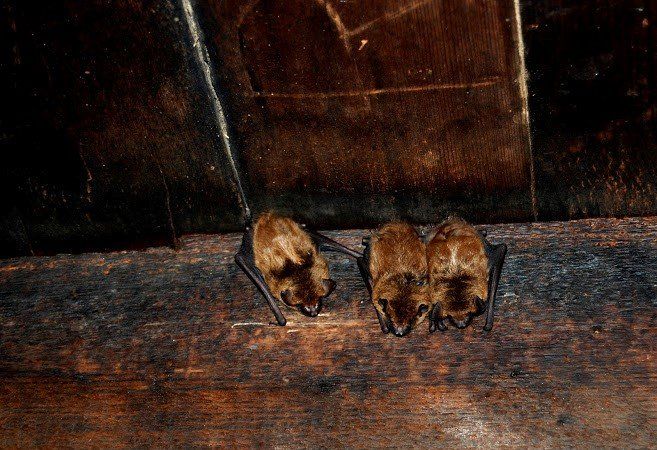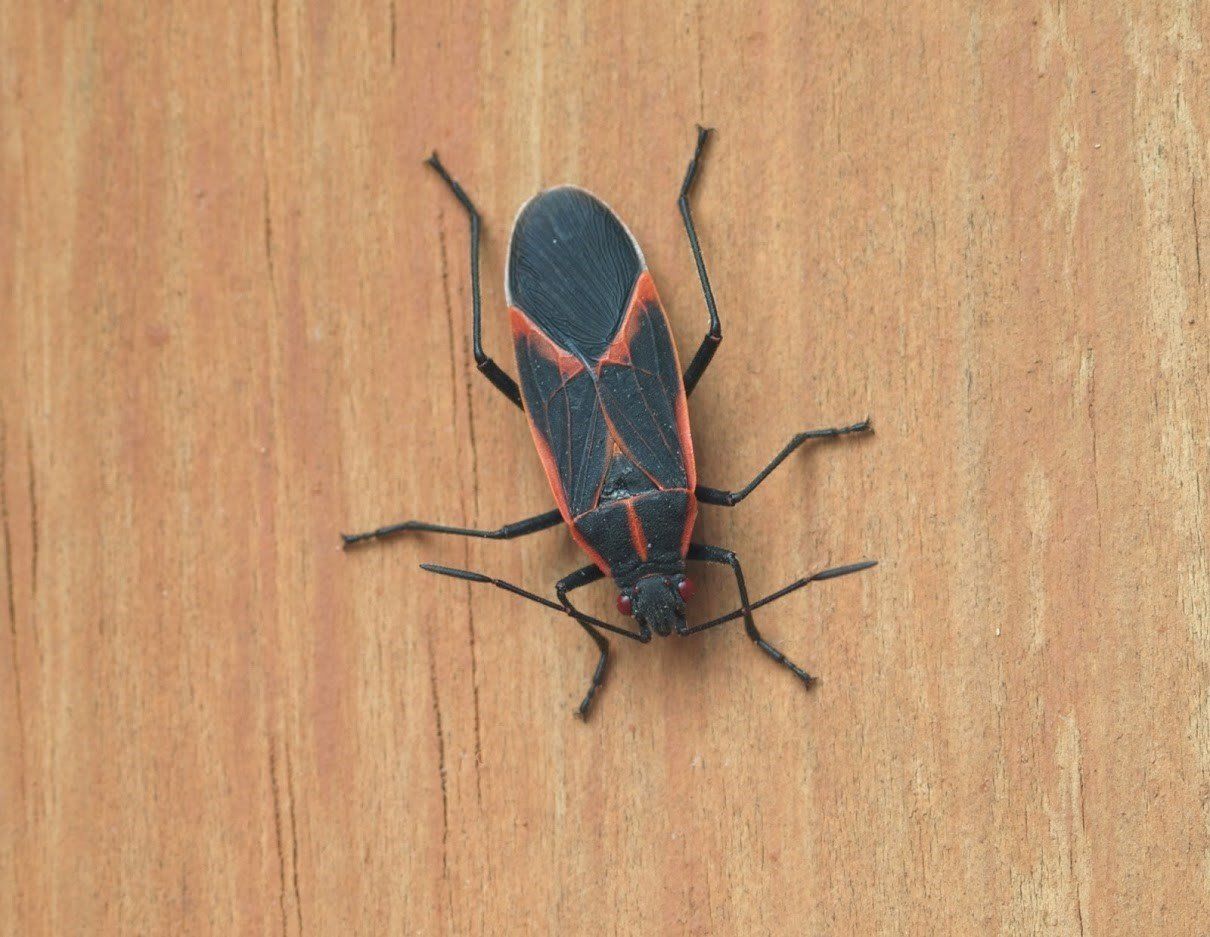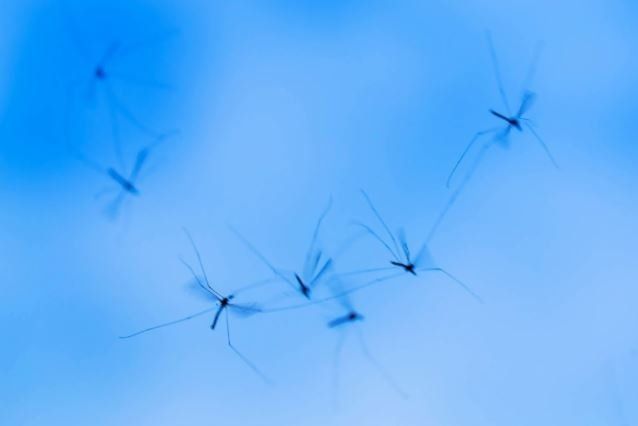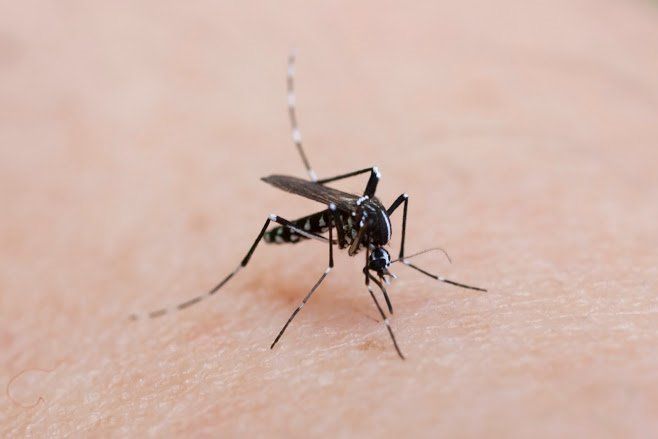Why the Ticks in Your Yard Are Bad News
February 6, 2020
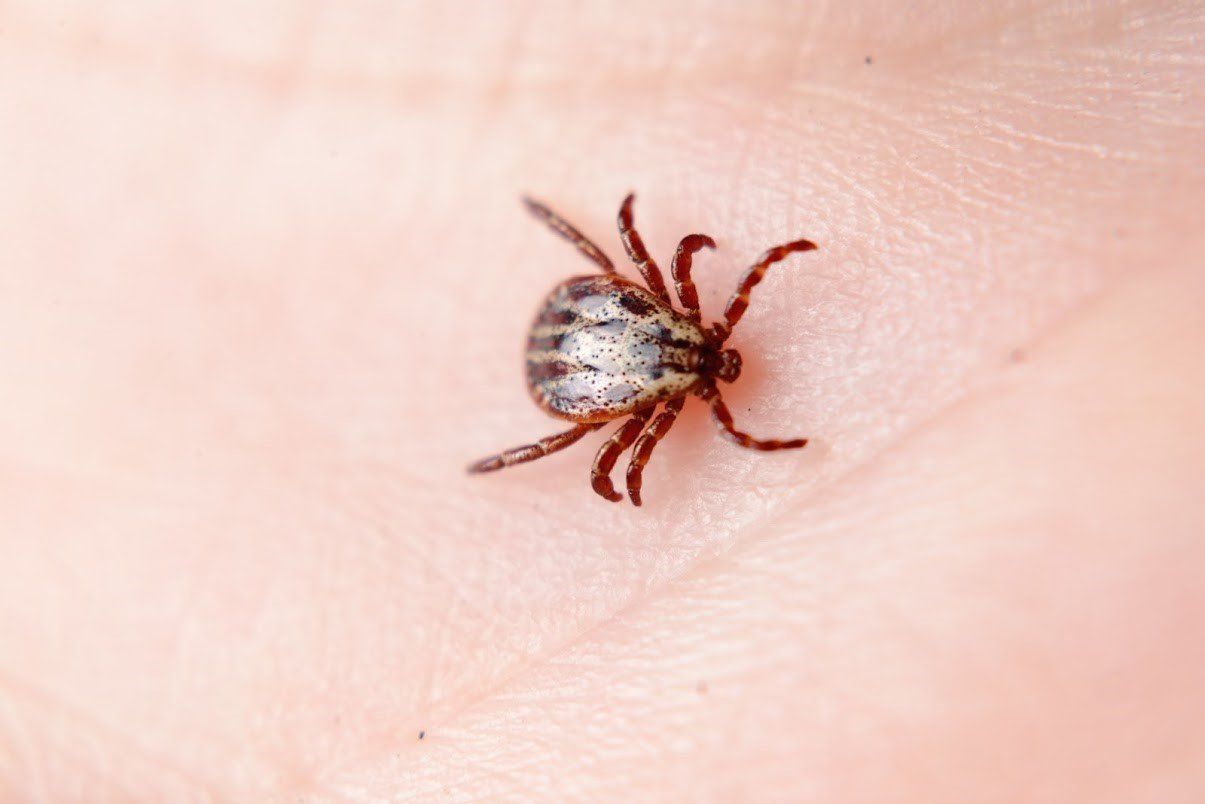
You may have known that ticks can cause Lyme disease, but did you know that they can carry a host of other diseases as well? Since 2017, the CDC has reported that several tick-borne diseases are on the rise, not just Lyme disease.
If you know that you have ticks in your yard, then you, your family, and any pets are at risk for picking up these infections. Furthermore, because some ticks are only the size of poppy seeds, you may not even notice if one's on you and you've been bit.
Educate yourself on the signs of tick-borne diseases and on how to keep these pests out of your yard.
What Infections Can Ticks Cause Besides Lyme Disease?
Unfortunately, tick-borne diseases can imitate a lot of other illnesses, like the flu. If you are bitten by a tick and pick up a disease, you may develop chills, headaches, nausea, fatigue, and muscle aches. Here are three infections that can exhibit these symptoms that you should be aware of.
Babesiosis
While the early symptoms of babesiosis may imitate a flu bug, this infection can become life threatening. Babesiosis is a malaria-like disease that can infect the red blood cells in your body. If this infection isn't treated, you could develop what's known as hemolytic anemia, where red blood cells die sooner than the body can reproduce new ones.
Signs of babesiosis include:
- Headache
- No appetite
- Chills
- Fever
- Body aches
- Fatique
Symptoms can be worse for people with poor immune systems or people that no longer have spleens. To treat babesiosis, your doctor can prescribe a medication like azithromycin, which can treat a wide variety of bacterial infections.
Bartonellosis
There are many strains of bartonella, like bartonella henselae (cat scratch disease), but this infection may be treated by antibiotics like doxycycline. If you are infected by bartonellosis, you may experience symptoms like:
- Swollen glands in the neck and arms
- Rashes that resemble stretch marks
- Memory loss
- Numbness in the extremities
- Balance problems
- Headaches
- Tremors
While doxycycline is sometimes effective, you may also need several antibiotics in combination to completely eradicate the disease.
Rocky Mountain Spotted Fever (RMSF)
RMSF is another bacterial infection that can be spread by a tick bite. If you get this illness, you could develop a sudden high fever, abdominal pain, and muscle aches.
In the U.S., RMSF is considered to be the most serious tick-borne illness
because if it is not treated with antibiotics right away, then it can cause serious damage to internal organs, leading to heart and lung inflammation, meningitis, and kidney failure.
In short, Lyme disease isn't the only problem with ticks. These are just a few of the other co-infections you can develop if you are bitten by a tick.
How Can You Get Rid of Ticks in Your Yard?
To avoid potential illnesses, you'll want to do everything you can to prevent ticks from staying in your yard. Ticks like to hide in debris and tall grass, so it's important to mow your lawn and clean up leaf litter.
If you have any wooded areas around your house, use gravel or wood chips to create a border between the forested areas and your yard so that ticks don't migrate as easily.
You may even want to construct a fence around your yard to discourage animals, like deer and raccoons, from coming through your yard. Other animals tend to carry ticks, so if they walk through your yard, the ticks can be deposited in the grass.
Also, check your family members and pets for ticks when they come in from the yard. Even if you don't remember being bitten by a tick, you should visit a doctor if you have any symptoms of the previously mentioned tick-borne illnesses.
Lastly, contact us at Anteater Pest Control
for more information. We can spray your yard to kill ticks and to prevent more of them from coming.
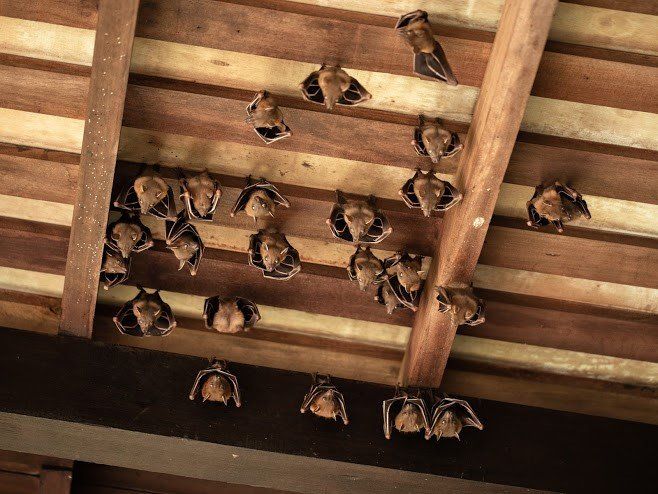
Bats can be cute when you see them in nature, but inside your home, they are more than just a nuisance. Bats can carry deadly diseases, like rabies, which means that if you have a bat, you need to take steps immediately to solve the problem. Removal Options Removal is best left to a professional due to the risks involved. Single Bat A single bat may get into the house through an open window or the chimney. The good news is that this usually is a one-time event and you don't have an infestation. The best course of action is to remove pets and people from the room with the bat, open all of the windows in the room, and then close off the room so the bat can't get into the rest of the house. With luck, the bat will find a window and leave. If you must handle the bat, wear gloves and do not touch the bat directly. The safest option is to call in a pest service if the bat doesn't leave on its own. Roosting Colony Sometimes your home provides the perfect place for daytime roosting. Little-used attics are most at risk, but bats may also colonize crawlspaces, spaces in your walls, or outbuildings. You should not try to remove an entire colony of bats on your own. A pest professional that is aware of local and federal wildlife laws should be called in to trap and remove the bats. Prevention Tactics Once you are free of the bats, your next step is to ensure that they cannot return. Exclusion If a bat can't get into your home, you can't have a bat problem — which is why exclusion is your main goal. Your pest service will inspect your home and find the likely entry points that the bats are using. You can also watch your home during the twilight hours to find where the bats are emerging. Once you know the likely entry points and have had all bats removed from the house, you can seal up the openings so the bats can't regain access to your home. Alternative Dwellings If you live in an area with a high bat population or would simply like to keep these beneficial insect-eaters nearby, then providing alternative dwelling options can be just the ticket for diverting bats away from your home. You can buy or build simple bat boxes. These boxes are typically attached to trees or poles to provide a more attractive roosting space for the bats. Cleanup Safety Bats are not clean animals. If a bat has been roosting in your home, then you will have droppings (called guano) and urine to deal with. Guano Sanitation Bat guano can carry histoplasmosis, a fungal spore that can cause a chronic respiratory disease. If you must try to clean up on your own, you need to cover all of your skin, wear gloves and eye protection, and use a respirator mask. All debris must be cleaned up and all surfaces must be sanitized with a bleach solution. Professionals will also use a HEPA vacuum, which has a strong filter that ensures none of the possible fungal pathogens remain in the air. Dead Bat Removal Extreme caution is necessary if there are dead bats in your home. Conditions like rabies can still be transmitted from dead animals. Wear gloves and do not touch the bat directly if you attempt to remove it yourself. The area where the bat was found must also be completely sanitized with a bleach solution. For more assistance with a bat in the home, contact Anteater Pest Control, Inc.

